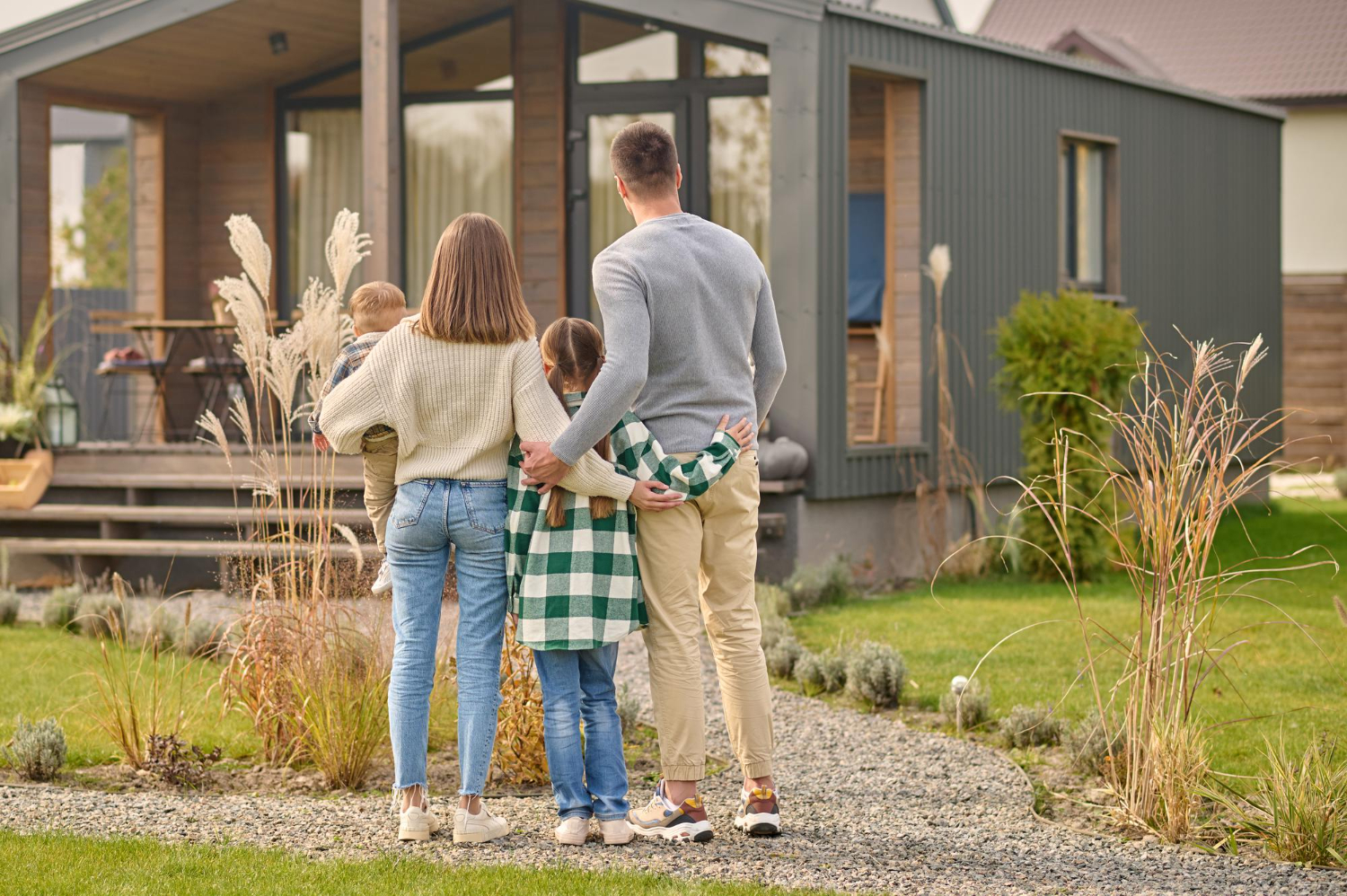You walk into a home, and everything feels perfect—from the wraparound porch to the vaulted ceilings. You can already picture your furniture in the living room and dinner parties in the open-concept kitchen. But here’s a dose of real estate reality: sometimes, your dream home on the surface might not be the right home in the long run.
The Emotional Allure of a “Dream Home”
It’s easy to get swept up in the excitement of a beautifully staged property. The curb appeal, finishes, and layout can cloud your judgment and make you overlook crucial deal-breakers. Emotional buying can lead to compromises you later regret—like living further from work, exceeding your budget, or ignoring maintenance concerns.
Key Reasons Your Dream Home Might Be Wrong for You
1. It Doesn’t Fit Your Long-Term Needs
A home should grow with you. That charming bungalow might feel cozy now, but what if your family grows—or your work situation changes? Consider not just your lifestyle today but also your future plans.
2. Location Isn’t Everything—But It’s Close
That stunning property on the outskirts of town might offer peace and privacy, but how’s the commute? Are schools, healthcare, and grocery stores nearby? A dream home in the wrong location can quickly turn into a logistical nightmare.
3. You’re Stretching Your Budget
Falling in love with a home that pushes you past your financial comfort zone is a common pitfall. Unexpected costs like property taxes, HOA fees, or renovations can create long-term stress. Make sure your “dream” doesn’t come with hidden strings attached.
4. Hidden Issues Lurk Beneath the Surface
A picture-perfect home can hide costly problems: outdated electrical, foundation cracks, or poor insulation. Always get a thorough inspection and don’t overlook red flags, even if the aesthetics are impressive.
5. You’re Compromising on Deal-Breakers
If you’re sacrificing must-haves—like a home office, walkability, or yard space—just to get that gourmet kitchen or spa bathroom, ask yourself if those sacrifices will wear on you later.
The Right Home Is the One That Works for You
Falling for a home is part of the process, but staying grounded helps you make a sound investment. Work closely with your real estate agent to create a checklist of needs vs. wants. A great home is more than surface-level beauty—it’s about how well it supports your life.
Final Thoughts
When house hunting, don’t just ask yourself “Do I love this home?”—also ask “Can I live well in this home?” Your dream house should inspire joy and make sense financially, practically, and logistically.


